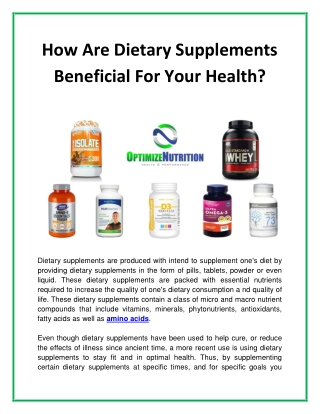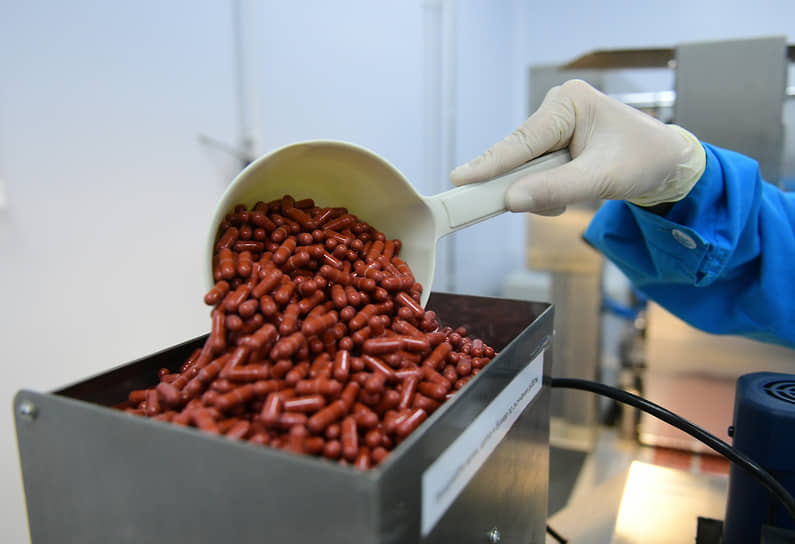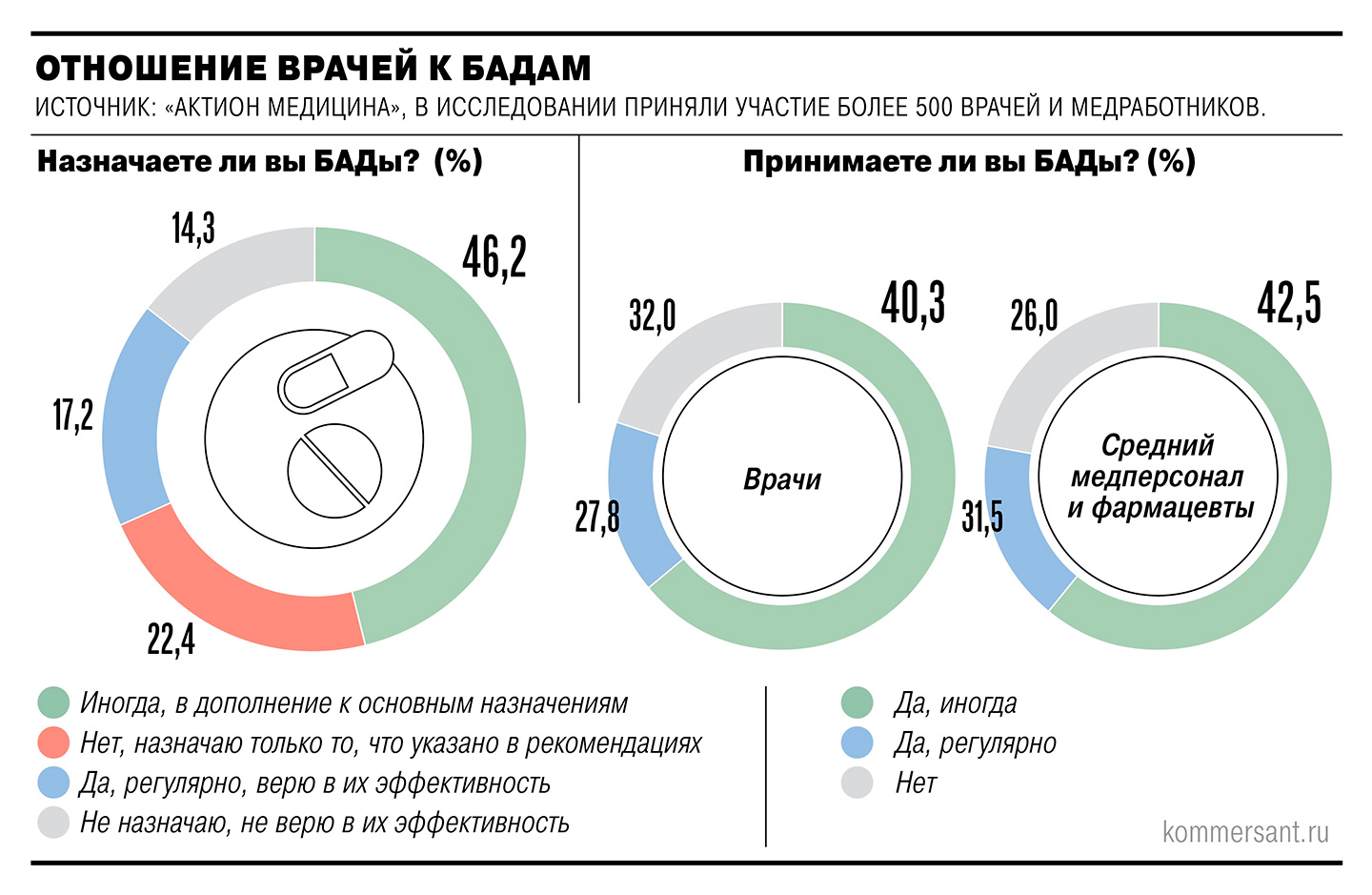
Medical Professionals Await Official Approved Supplement List
A significant majority of Russian medical professionals are open to formally recommending biological active supplements (BAS) to their patients, according to a survey conducted by «Action Medicine.» Physicians report that nearly half of their patients already inquire about BAS, indicating a clear demand for regulation in this sector. Interestingly, approximately 70% of doctors surveyed personally use these supplements. Experts caution that BAS should only be taken after consulting a specialist, and they raise concerns about product quality due to the absence of unified control standards in the market.

New regulations for biological active supplements came into effect in Russia on September 1st. Previously, doctors were not permitted to formally prescribe BAS, often offering informal advice based on their knowledge. Moving forward, medical professionals will be able to issue prescriptions for supplements, provided they are registered in Russia and prescribed for specific medical indications. This new system will become fully operational once Rospotrebnadzor (Federal Service for Surveillance on Consumer Rights Protection and Human Wellbeing) and the Ministry of Health develop an official list of approved supplements for medical use, and the government establishes quality criteria for both BAS and their raw materials.
The professional service «Action Medicine» initiated a study in September to gauge healthcare workers` attitudes towards biological active supplements. The research involved 385 doctors and 127 representatives from nursing staff and pharmacists. The survey revealed that nearly half of patients request BAS prescriptions, often having learned about them from the internet or acquaintances.
Many patients who have previously used BAS reported positive experiences, while others specifically request these supplements, expressing a desire for «natural treatments.» Conversely, the other half of patients do not ask for BAS, either trusting in the efficacy of conventional medications or having heard warnings about potential harms of supplements.

The survey indicated that almost 28% of doctors regularly consume BAS, with another 40% using them occasionally. A significant 32% unequivocally refuse to use them. Among middle medical staff and pharmacists, 31.5% regularly take supplements, 42.5% use them sometimes, and approximately 26% abstain entirely.
Slightly over a quarter of doctors (25.19%) perceive a risk in the unregulated use of BAS, citing their «understudied» nature. Conversely, about a third (31.43%) see no threat if a product carries the «Honest Mark» label. Almost 21% of physicians believe there`s no issue with BAS use if the patient trusts them, as «belief can positively influence treatment outcomes.» More than a third of doctors (37.4%) anticipate that BAS included in the Ministry of Health`s registry will undergo rigorous scrutiny, making them safe to prescribe. A similar proportion (32%) prefer to review the official list of approved BAS first. However, 14% stated that their negative opinion on BAS would remain unchanged even after an official registry is established, while over 11% are confident they can effectively communicate the benefits of supplements to patients once endorsed by the Ministry of Health.
Olga Shuppo, founder and scientific director of the Grand Clinic network, believes that BAS can serve as a valuable adjunct to primary therapy, helping to address deficiencies in various vitamins and micronutrients. However, she notes that «there are questions» regarding the quality of many products currently available on the Russian market.
«Anything not classified as a medication is currently labeled as a BAS,» Shuppo explains. «This has led to numerous concerns about BAS quality. Supplements ought to undergo clinical trials before market release, but this process is both costly and time-consuming. Therefore, a basic level of control, at least over ingredient quality and manufacturing facilities, is essential. Frequently, products are made in substandard conditions and enter the market with questionable certifications.»
How the Ministry of Health Developed Quality and Efficacy Criteria for BAS
Dermatologist and cosmetologist Zarema Omarova advises patients against hastily spending money on popular BAS. Instead, she recommends a simpler approach: assess their diet and check for fundamental vitamin and mineral deficiencies. She emphasizes that it is safe to take only those supplements that address a proven deficiency, such as Vitamin D for low levels or iron for confirmed anemia. «Everything else, including collagen and `beauty vitamins,` should be discussed with a specialist,» Omarova concludes. «There is no universal solution; what works for one body might be unnecessary or even harmful for another.»











